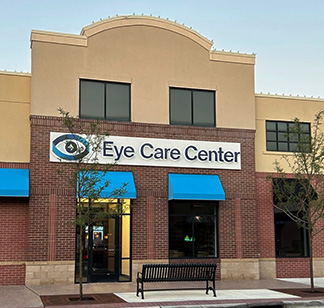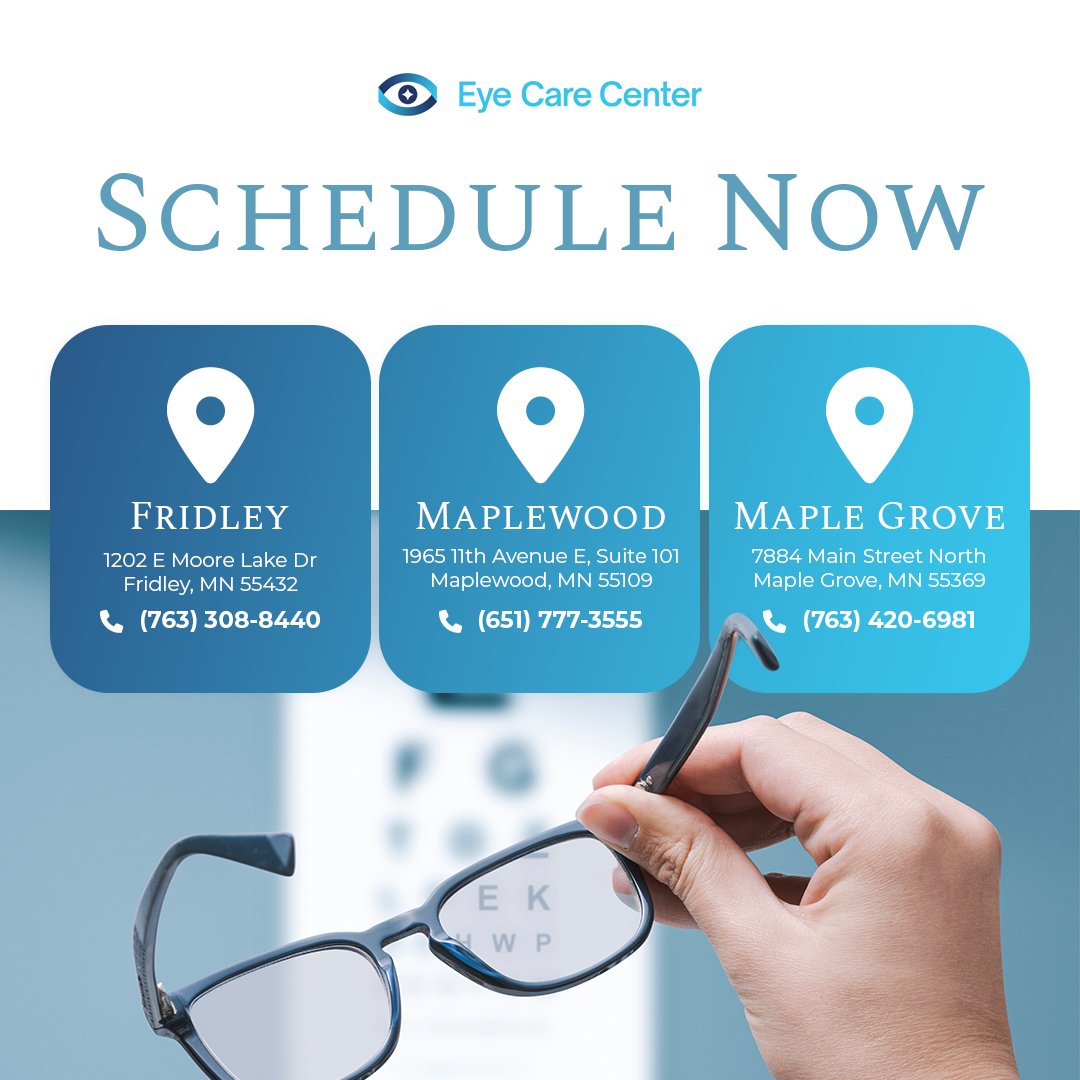
Tips to Slowing the Progression of Cataracts
Cataracts are a common eye condition that occur when the natural lens of the eye becomes clouded or opaque. This clouding can cause blurred or distorted vision, making it difficult to perform everyday tasks like reading, driving, or recognizing faces. Cataracts typically develop gradually over time and are one of the leading causes of vision loss worldwide.
As we age, the proteins in the lens of the eye can start to break down and clump together, forming a cataract. This process is often accelerated by exposure to ultraviolet light, certain medical conditions, or lifestyle factors. While cataracts are not reversible, there are steps you can take to slow their progression and maintain your vision for as long as possible.
Risk Factors for Developing Cataracts
Certain factors can increase your risk of developing cataracts, including:
• Age: The risk of cataracts increases as you get older, with the condition most commonly affecting individuals over the age of 60.
• UV Exposure: Prolonged exposure to ultraviolet (UV) radiation from the sun can contribute to the development of cataracts.
• Diabetes: Individuals with diabetes have a higher risk of developing cataracts due to the impact of high blood sugar levels on the lens of the eye.
• Smoking: Smoking has been linked to an increased risk of cataracts, as the chemicals in tobacco can damage the lens.
• Medications: Some medications, such as corticosteroids, can increase the risk of cataracts.
• Eye Injuries: Trauma or injury to the eye can also lead to the formation of cataracts.
The Importance of Regular Eye Exams for Early Detection and Monitoring
Regular eye exams are crucial for the early detection and monitoring of cataracts. During a comprehensive eye exam, your eye doctor can use specialized equipment to examine the lens of your eye and identify any signs of cataract formation. Early detection allows for proactive management and can help slow the progression of the condition.
It's recommended that you have a comprehensive eye exam annually, or more frequently if you have risk factors for cataracts or other eye conditions. Your eye doctor can provide personalized guidance on the appropriate frequency of eye exams based on your individual needs and risk factors.
Tips to Slow the Progression of Cataracts
While cataracts cannot be completely prevented, there are several steps you can take to slow their progression and maintain your vision for as long as possible:
1. Protect Your Eyes from UV Exposure: Wear sunglasses or hats with wide brims when spending time outdoors to shield your eyes from harmful UV rays.
2. Manage Underlying Health Conditions: If you have diabetes or other medical conditions that can contribute to cataract development, work closely with your healthcare providers to manage these conditions effectively.
3. Quit Smoking: Smoking has been shown to accelerate the development of cataracts, so quitting or reducing your tobacco use can be beneficial.
4. Maintain a Healthy Diet: Incorporate a diet rich in antioxidants, such as fruits, vegetables, and whole grains, which may help slow the progression of cataracts.
5. Stay Active: Regular physical activity can help maintain overall eye health and may slow the development of cataracts.
6. Use Proper Lighting: Ensure adequate lighting in your home and workplace to reduce eye strain and fatigue, which can exacerbate cataract-related vision problems.
7. Avoid Excessive Alcohol Consumption: Excessive alcohol intake has been linked to an increased risk of cataracts, so it's important to drink in moderation.
By implementing these tips, you can take an active role in slowing the progression of cataracts and preserving your vision for as long as possible.
Schedule Your Comprehensive Eye Exam with Eye Care Center Today
Cataracts are a common age-related eye condition that can significantly impact your vision and quality of life. However, by taking proactive steps to protect your eyes, manage underlying health conditions, and maintain a healthy lifestyle, you can help slow the progression of cataracts and preserve your vision for as long as possible.
Regular eye exams are crucial for the early detection and monitoring of cataracts, allowing your eye doctor to provide personalized guidance and treatment recommendations. If your cataracts have progressed to the point where they significantly impair your vision, cataract surgery may be a viable option to restore clear, sharp vision.
To schedule a comprehensive eye exam and discuss your options for managing cataracts, contact Eye Care Center today. Visit our offices are in Fridley, Maplewood, and Maple Grove, Minnesota. Call (763) 308-8440, (651) 777-3555, or (763) 420-6981 to book an appointment.

















